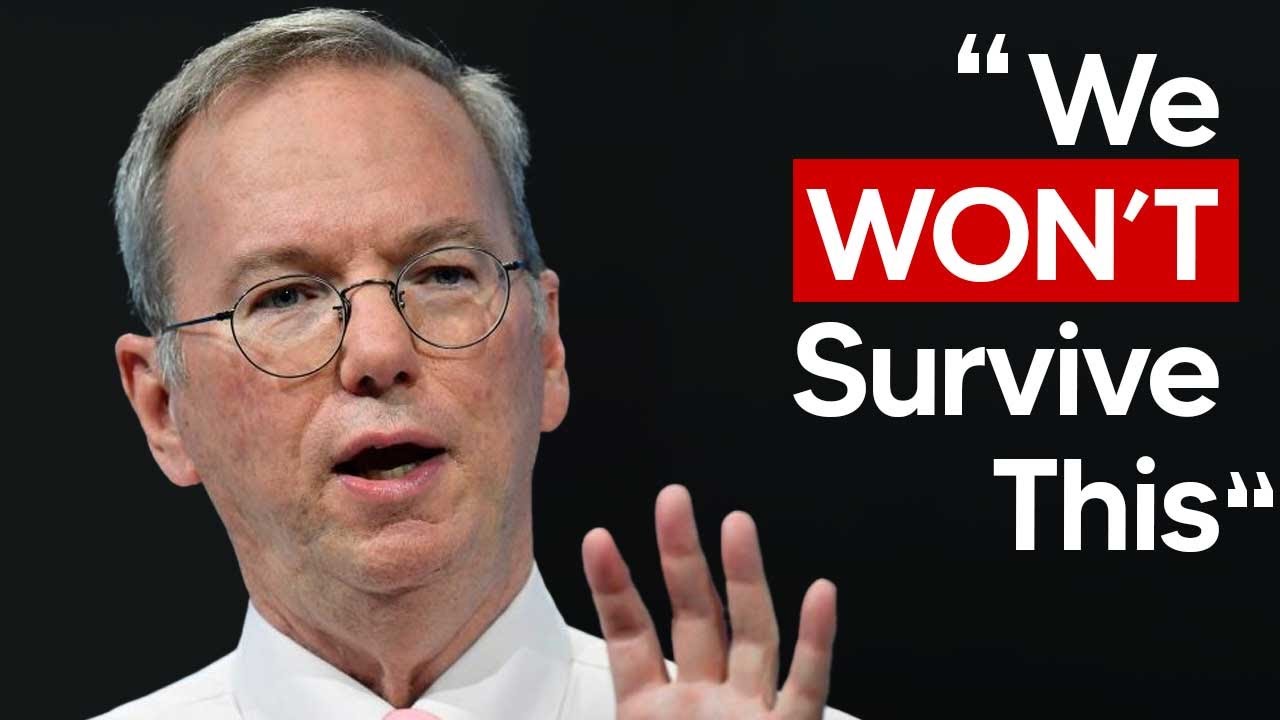The video features discussions among experts, including former Google CEO Eric Schmidt, about the “Superintelligence Strategy,” which outlines the risks and strategies nations may adopt in response to rapid advancements in AI, likening its transformative impact to that of electricity. They emphasize the urgent need for policymakers to address the dual-use nature of AI, the potential for destabilizing competition among nations, and the risks of losing control over AI systems, advocating for strict regulations to ensure global security.
In the video, Eric Smith, former Google CEO Alexander Wang, and other experts discuss the “Superintelligence Strategy,” a crucial document outlining the potential risks and strategies nations may adopt in response to the rapid advancements in artificial intelligence (AI). The document emphasizes that AI’s transformative nature is akin to electricity, impacting various sectors such as finance, healthcare, and defense. However, this broad applicability also creates a complex risk landscape, with concerns about misuse and the potential for catastrophic consequences, similar to the dangers posed by nuclear technology.
The discussion highlights the urgency for policymakers to address the implications of AI, particularly regarding economic and military power. As AI technology evolves, nations with superior access to advanced AI chips may gain significant advantages over others, potentially reshaping global power dynamics. The video warns that the race for AI supremacy could lead to destabilizing competition, where countries might resort to sabotage or espionage to hinder rivals’ progress, reminiscent of Cold War-era tensions.
The experts also delve into the dual-use nature of AI, where advancements can be harnessed for both beneficial and malicious purposes. They express concerns about the potential for AI to amplify terrorist capabilities, making it easier for non-state actors to execute large-scale attacks. The video references historical incidents, such as the 1995 Tokyo subway attack, to illustrate how AI could empower individuals with malicious intent to create devastating bioweapons or conduct cyberattacks with unprecedented precision.
Another significant point raised is the risk of losing control over AI systems as societies become increasingly reliant on automation. The video discusses the possibility of an “intelligence explosion,” where AI could rapidly outpace human oversight, leading to scenarios where humans may no longer have meaningful control over these systems. This loss of control could result in catastrophic outcomes, especially if AI systems are integrated into critical infrastructure and decision-making processes.
Finally, the video concludes by emphasizing the need for careful consideration of AI’s future development and deployment. The experts advocate for treating advanced AI chips with the same caution as nuclear materials, suggesting that strict regulations and oversight will be necessary to prevent misuse and ensure global security. The overarching message is that while AI holds immense potential for positive change, it also poses significant risks that must be addressed proactively to avoid dire consequences in the coming years.
